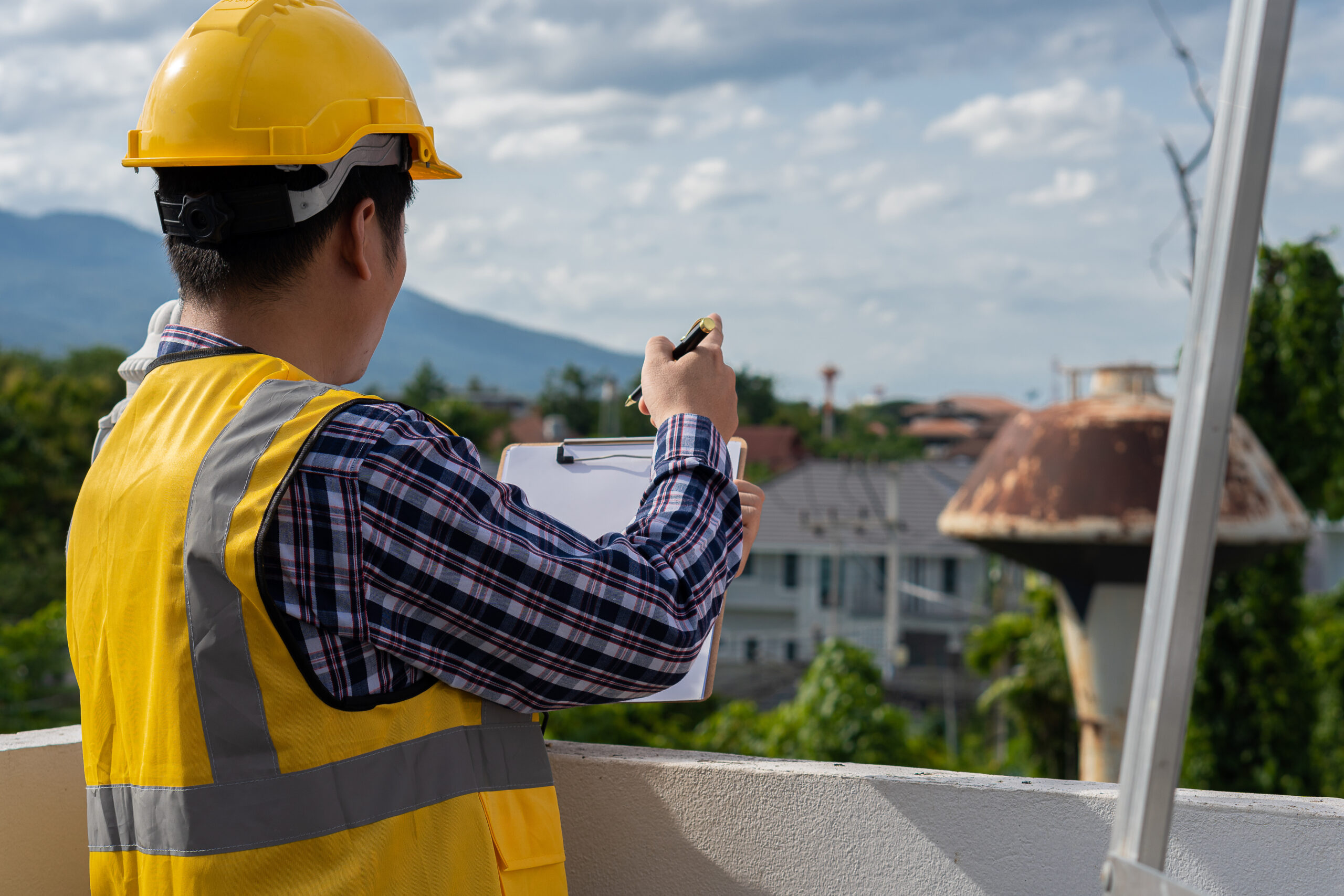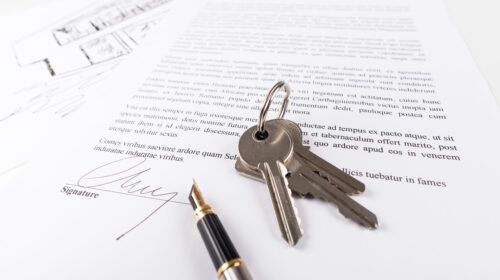Navigating the Commercial Inspection Process
Commercial inspections may seem like a mundane detail in the process of buying a property, but they are an extremely valuable and important tool in gauging your risk when making a purchase. At first glance, it may seem as if all commercial property inspectors are the same, but we spoke to the experts and discovered that commercial inspections are affected by several factors and criteria that impact the value you receive from them. From how to choose a commercial inspector to what you should expect, this is what you need to know!
Why Do I Need a Commercial Property Inspection?
Think of inspections as a “snapshot in time” says Kevin Nally of Linkhorn Inspection Group. The purpose of a commercial inspection is meant to give you an idea of what’s working in normal conditions based on age and usage and what’s going to be an expense to you in one, three, five years and in the future, he continued.
Inspections help to mitigate risk because once you purchase the property, the liability is 100% yours. Even if the building owner has provided details on the work that has been done, and provides a capital budget, an inspection provides the most current picture of the property, he added.
Additionally, a commercial inspection can be a tool in negotiating the purchase price.
How Do I Choose a Commercial Property Inspector?
In the state of Ohio, though all inspectors must be licensed, there is no license specific to commercial properties, as there is for home inspections. However, commercial properties require different experience and knowledge. Therefore, being licensed does not equate to being qualified to inspect commercial properties.
Additionally, it’s important to understand when you should enlist a structural engineer to perform your commercial inspection. A professional engineer is permitted to render an opinion as to the structural integrity of a building. A building inspector, though qualified to recognize the symptoms that the building presents, would need to refer the diagnosis to a structural engineer, which can add additional costs and possible delays in time.
Examples of when a structural engineer may be best to perform the inspection include if the building has walls that are cracked, damaged, or out of level; if rooftop units are supported by a substructure or there are roof penetrations; if there are elevator shafts; or if the building has concrete structures such as a parking garage or concrete cracking, says Aaron Schmidt, manager of operations at Criterium-Liszkay Engineers.
Additional factors that should be considered when selecting a commercial inspector are the firm’s experience with the property type. Though generally, many of the components in commercial inspections are similar, occasionally there are instances where a specialist may be needed, said Schmidt.
For instance, in a manufacturing or warehouse facility there may be some machinery, such as cranes, which would require specific knowledge, he added.
When seeking a commercial inspector, your commercial real estate agent is a valuable resource, said Nally.
A reputable firm is often willing to provide you with a packet that includes their business licensure, insurance coverage, example reports, and references, said Schmidt.
Other considerations include whether an environmental assessment is required. Some lenders might require an environmental site assessment, which is an important question to ask your banker, Schmidt added.
A phase one environmental site assessment includes a visual inspection of the property and its surroundings and a historical records search regarding whether there may have been previous chemical or petroleum products on the site or in the vicinity of the building, and if there is any potential impact on the property. A phase two environmental inspection includes soil or materials testing, and would typically only be pursued if a phase one inspection indicates a potential hazard, he explained.
How Are Inspectors Licensed?
Licenses are issued through the Ohio Home Inspector Board within the Division of Real Estate & Professional Licensing. According to the Board’s website, a licensed inspector has undergone both state and FBI background checks, has provided a certificate of insurance for liability coverage and details regarding ethical conduct and legal history and if needed any out-of-state inspector credentials, has successfully passed the National Home Inspector Examination (NHIE) within two years of the date of application and completed 80 hours of classroom or online home inspector qualifying education requirements, and completed one of the experience requirements.
How is Pricing Determined?
Several factors impact pricing including the building size, type, number of units, and whether an environmental inspection is needed, explained Jerry Linkhorn, owner of Linkhorn Inspection Group.
Some firms offer different levels of inspections depending on the needs of the buyer or the lender. Our experts say typical costs for a commercial inspection in Central Ohio range roughly between $0.05 to $0.22 per square foot.
What Does an Inspector Do?
The core components of an inspection include evaluating the roofing, plumbing, electrical, HVAC, and structural integrity of the building. Inspectors perform a visual inspection of the property and look for indications of problems and do not advise on how to repair, but rather what the result should be. However, a structural engineer can advise on how to remedy structural problems.
After the inspection, a detailed report should be provided which describes the general condition of each component of the inspection as well as the concern, and the direction for resolution.




